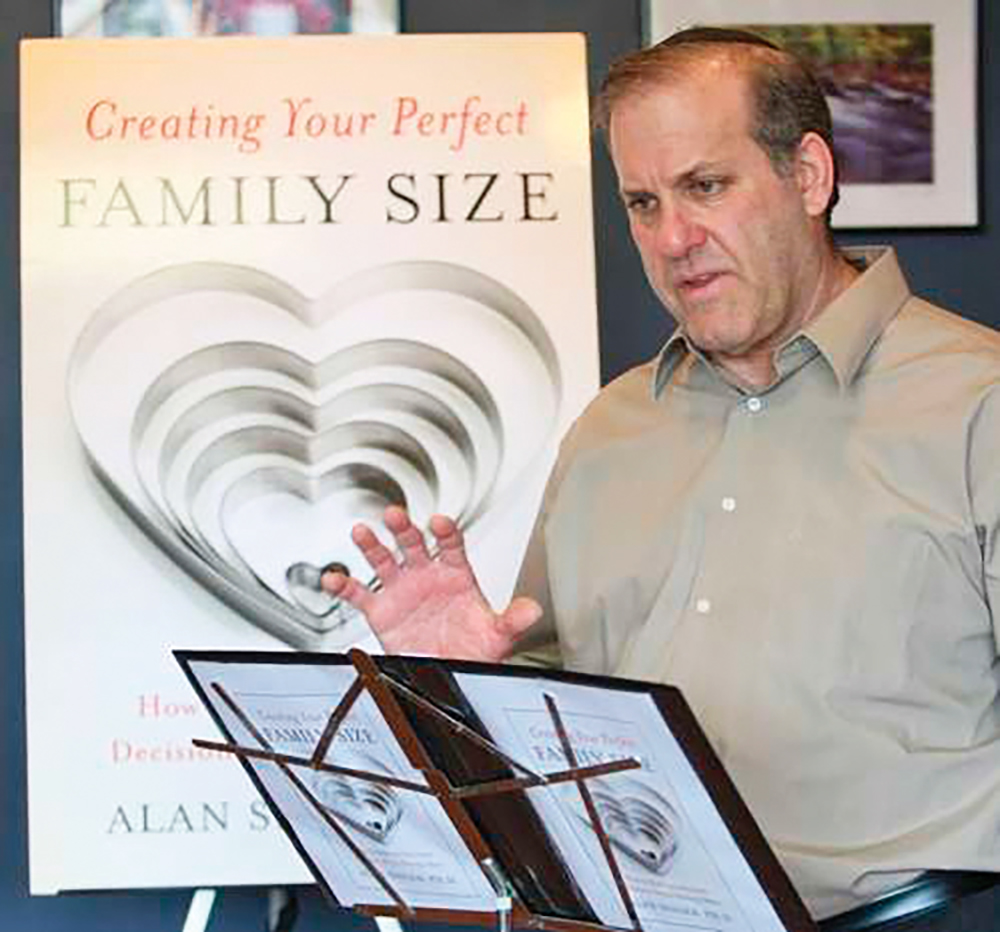
At the beginning of a relationship, everything about your partner seems new and exciting. Your spouse’s stories are fascinating and their jokes are funny. Your time spent together is fun and enjoyable simply because it’s time spent together.
Newsflash: Those feelings don’t last forever. Life happens. Work obligations and children get in the way. Marriages start at their high point, and a decline in relationship satisfaction is inevitable after that. The first months of marriage are the happiest, but the intensity of positive feelings that characterizes the honeymoon stage is simply unsustainable. The magic dissipates and boredom quietly casts its gray pall. Do not ignore boredom in an intimate relationship.
Meaning
Meaning is necessary in social processes. An absence of meaning in an activity or circumstance leads to an experience of boredom. This is a restless, irritable feeling that the subject’s current activity or situation holds no appeal, and that there is a need to get on with something interesting.
Marriage Is Not a Passion-Fest
What makes for a good marriage isn’t necessarily what makes for a good romantic relationship. Once you’re married, it’s not about whom you want to go on vacation with; it’s about whom you want to run a household with. Marriage isn’t a passion-fest; it’s more like a partnership formed to run a very small and often boring nonprofit business (L. Gottlieb 2008).
Brain Stimulation Ebbs
Anthropologist Dr. Helen Fisher studied the brain activity of loving couples as they lay in a functional magnetic resonance imaging machine. She observed that the end of infatuation is grounded in brain physiology. The brain cannot eternally maintain the revved-up state of romantic bliss created by the brain’s natural stimulants, which are amphetamine-like substances. The duration of romantic love from the moment infatuation clutches to when a ‘feeling of neutrality’ for one’s love object begins is between 18 months and three years. If you want a situation where you and your long-term partner can still get excited about each other, you will have to work on it, because you are bucking a biological tide (H. Fisher 1992).

Marital Boredom Impacts Marital Satisfaction
Research findings by Elizabeth Muturi, published in the International Journal of Psychology 2023, describe boredom in marriage as influencing the spouses’ behaviors, emotions and cognitions. This includes reducing positive and increasing negative interactions, lowering mood, and even impairing judgment. Boredom can impact physical and mental health. Things start to look boring once everything becomes repetitive and predictable. They say variety is the spice of life, yet sharing your life with just one person contradicts that. Sadly, when people start to crave something new, it opens the door to infidelity.
Boredom Is Worse Than Conflict
We therapists are better equipped to tackle the issue of marital conflict than marital boredom. We implore couples to use and listen for repair statements to de-escalate conflict. We teach couples to use soft startup rather than harsh startup and that “I” statements evoke empathy and “you” statements evoke defensiveness. We stress compromise: Neither partner wins it all; neither loses it all.
- Gottman’s research indicates that all couples fight; it is inevitable. The key is to learn how to fight smart, so that spouses don’t hurt each other. Although fighting with your partner is never pleasant, research shows that when conflict is managed in a healthy and productive way, it can actually lead to deeper understanding and an improved relationship.
How to Overcome Boredom in Marriage
It is neither spouse’s responsibility to entertain or play the role of activities director for their partner. It is both of their responsibilities.
Seven recommendations:
- Enhance the quality and quantity of your communication. Do not just “find” the time to be together, “make” the time. Seek counseling because sadly, less than 10% of divorcing couples talk to anyone at all about their marital challenges.
- Share new and meaningful experiences together. The pursuit of meaning is more important than the pursuit of happiness because it is enduring. If you want something you never had, you have to do something you’ve never done. Think outside the box!
- Spice up intimacy. If you and your spouse lack physical and/or emotional intimacy, your entire relationship will be affected. Find a certified sex therapist and start sessions to keep things between you as fresh as possible.
- Straightforward conversation starts with “I.” Statements such as “I am feeling like we are in a rut” evoke empathy.
- Intertwine good mental health with good physical health. Focus on the triangle of health: Diet-make nutritious food together and make it fun. Exercise-join the gym and go together. Utilize good sleep hygiene.
- Make a life of your own outside of your marriage. Have your own friends, hobbies and interests. If you choose to stand still while the world keeps spinning on, you are without a doubt going to grow bored with your life.
- Play and adventure are vital components of a successful and joyous relationship. Too often, we put “play” at the end of our to-do list. Recent data from Dr. John Gottman: 41,000 couples were asked what they fight about and 86% responded, not having fun anymore.
Don’t Pass Down the Marital Boredom ‘Gene’ to Your Children!
In today’s highly scheduled families, many parents and children seem to be losing their ability to just hang out together. Unaccustomed to entertaining themselves, children complain of being bored, and parents feel responsible for entertaining them. The children reject the recommendations of their “recreation director” parents, get antsy and irritable and throw themselves into mindless television-watching or other types of screen time. Boredom is an accepted part of adolescence. Developmental and contextual factors are likely to conspire to increase boredom during adolescence, which leads to health-risk behaviors. A study of 100,000 teenagers from 2008 to 2017 indicates that boredom has been steadily increasing among adolescents, with greater increases among girls (Journal of Adolescent Health, March 2020). Think: Precursor to marital boredom?
Talmudic sages mandated an engagement period before marriage. The Tanoyim marriage agreement formalizes the man and woman’s commitment to each other. The sages understood that the nature of marriage is that the magic tends to dissipate. It begins with the words “May good success rise and spring up as the plants in a watered garden.” Enduring marriage must be nurtured rather than allowed to “coast” on the initial excitement. Enjoying the company of our loved ones is a skill. Practice makes perfect, and it’s never too early to start practicing!
Dr. Alan Singer has been a marriage therapist in New Jersey and New York since 1980 with an 80% success rate in saving marriages on the brink of divorce. He is an adjunct professor for the Touro University Graduate School of Social Work and is a certified discernment counselor. He blogs at FamilyThinking.com and serves on the National Registry of Marriage-Friendly Therapists and the Beyond Affairs Network. He authored the book, “Creating Your Perfect Family Size” (Wiley). His mantra is: I will be the last person in the room to give up on your marriage! dralansinger@gmail.com;
(732) 572-2707.









